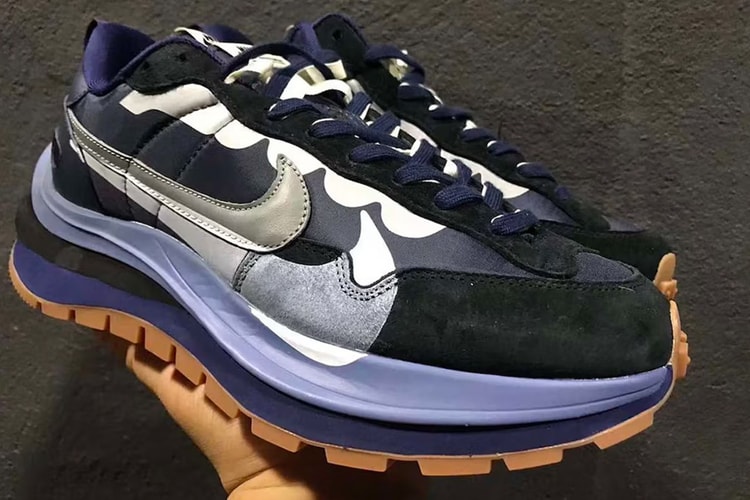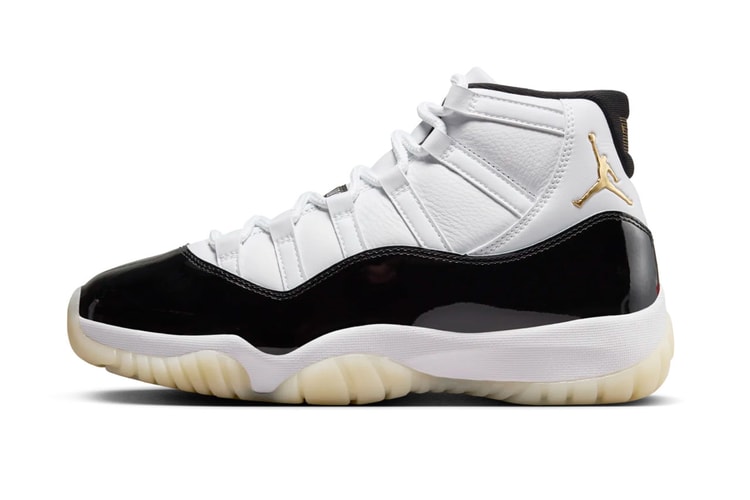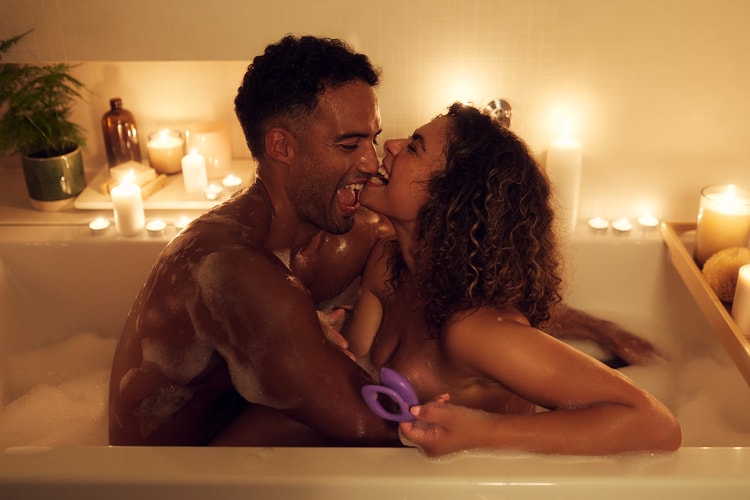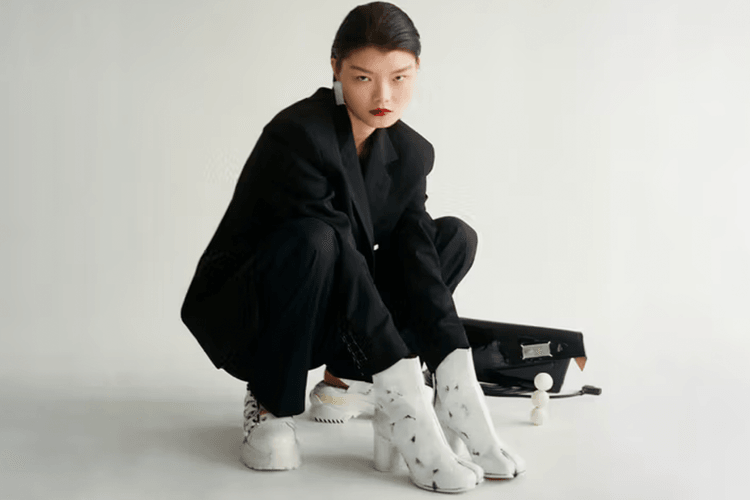
SKINCARE DIARIES: To Retinol or Retin-Not?
Debunking the biggest myths surrounding skincare’s buzziest ingredient.
Every so often a skincare ingredient, cloaked in endless lore, comes to the surface and this year’s recipient of that honor? Retinol. We’ve all heard of it, some of us may have (sparingly) used it but, it’s clear, with an average 29,000 monthly searches about this ingredient, that we are all a bit confused on what retinol actually is.
Is it an active or an exfoliant? How does it work? Why does everyone act like we should be betting our lifesaving on its abilities? Assumptions aside, the one thing we are sure of? We’re all interested but uninformed.
What Is It and Should I Be Using It?
@imanogundeko thoughts on the medik8 crystal retinal! ps, I hate talking to camera but I wanted to try some different #retinal #retinoids #retinol #tretinoin #fyp ♬ Strawberry – Prod. By Rose
Essentially retinol is a type of retinoid, a derivative of Vitamin A, used for anti-aging and found in many skincare products. Though many people are under the impression that retinol is an exfoliant, it’s actually an antioxidant. Confusing, we know.
Retinol works to increase cell turnover, improves skin tone and texture, boosts collagen production and regulates oil production. PSA, however, retinol is not recommended for anyone who is pregnant or planning to be and during eczema or rosacea flare ups it is best to steer clear. So, it’s important to know your skin and limitations before you crack open a tube.
It’s good to remember that with Retinoids it’s a skin marathon, not a sprint so, start off nice and slow, using a small pea sized amount, twice a week in order to prevent irritation. This is one for the nighttime skincare routine lovers as sunlight deactivates retinol. Apply it at night, followed by a moisturizer.
Even though we have all collectively agreed to leave St. Ives et al scrub in favor of less physically abrasive AHA and BHAs, when using retinol it’s best to ease off all toners (yes, including your beloved Vitamin C) in order to avoid irritation. Don’t worry though you can cycle them into your routine later.
If I Can’t Use Retinol, What Should I Use Instead?
Despite the somewhat extensive list of Don’ts, cycling in a retinol does not have to equal the end of your skincare routine as you know it. Retinol, like lasers, peels or really any enhanced skincare element, requires you to follow a more TLC approach to your skin, which we can all agree is never a bad thing. While retinol fights the good fight against acne, unwanted fine lines and texture, it can often make skin feel dry, peel or even leave behind some redness in its wake so, your best bet it to start using it with a moisturizing or hydrating ingredient. Niacinamide! Gel Cleanser! Hydrating Masks! Even that COSRX Advanced Snail 96 Mucin Power Essence you’ve seen on your feed 27,273 times this year… this is the time to bring out your best in class hydrators.
Don’t worry though, you won’t need to completely give up other ingredients like Vitamin C, AHAs and BHAs when using retinol, but timing is key. Whether that means keeping their daily use separate (Vitamin C during the day, retinol at night), or in the case of chemical peels, using them only on nights when you’re taking a break from retinol, it’s all about knowing what your skin can tolerate and what it responds well to. And if you haven’t already gathered, using SPF everyday while using retinols is a must.
Remember skin slugging? Well retinol and slugging are besties. Try mixing retinol and a niacinamide so you don’t have to wait between layering them. Think, less steps, without having to compromise your skin barrier and a way to counteract retinol-induced dryness. Okay, now breathe out and walk away from the retinol fear edge.
So, What’s the Difference Between Retin-a and Retinoids?
Although Retin-A, which you might recognize more as Tretinoin, and retinol are both classified as Retinoids and both can help with promoting faster skin cell turnover, you generally only get Retinols over-the-counter: think the Drunk Elephant, Medik 8 and Sunday Riley, while Retin-A is a prescription product that is more potent and slightly more effective at diminishing wrinkles and fighting acne. Both are useful, but only one requires having a derm on speed dial.
If you find yourself looking to dip your toe into the retinol pool, don’t worry the Hypebae Beauty Team has whittled down three of the most common retinol options so you can get in on the action (safely).
Retinol Serums
Another serum to clog up your bathroom shelf or the serum to replace them all? We’ll leave that answer up to you but the good news is when it comes to keeping your skin looking younger and more radiant, this powerful serum definitely doesn’t hold back. We suggest starting off with low percentage options like Glossier’s Universal Pro-Retinol or Eve Lom’s Radiance Repair Retinol – plus, it’s fortified with AHA for all our glass skin lovers.
Gels and Creams
This Low and slow approach includes creams so, we suggest opting for La Roche-Posay Effaclar Adapalene Gel 0.1% Retinoid Acne Treatment and, if like many of us joining the retinol wave, opting for gels and creams like Avène’s Hyaluron Activ B3 Night Cream is a sure fire way to winterproof your retinol era. If we haven’t hit this fact home, retinol can make your skin very dry so, even with gels and cream it’s best to also have a hydrating night moisturizer at hand.
Plant Based Alternatives
If you still feel like your skin is far too sensitive to be getting mixed up with traditional retinol, plant based options infused with Bakuchiol are a great alternative because of their anti-aging properties. Bakuchiol is an extract of the babchi plant and is one of the few retinol alternatives that has studies to back up the pseudo-retinol effects. Brands like Tatcha have also formulated alternatives, in order to get in on the retinol action with low to no irritation in sight.
This article was written by Ata-Owaji Victor, a beauty and lifestyle writer with a keen eye for all things afro haircare (which she frequently samples on her 4C coils), beauty tech, innovation and dewy skin heroes.






























